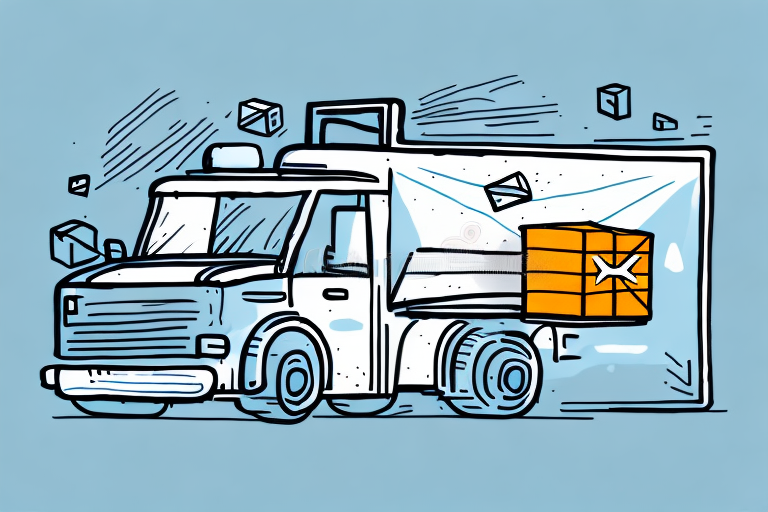What Is a Courier Service and How Does It Work?
Courier services have become integral to modern businesses, providing swift and efficient delivery of packages and documents worldwide. Whether operating an e-commerce platform or a traditional brick-and-mortar store, courier services offer reliable logistics solutions that save time, money, and resources. This article delves into the fundamentals of courier services, the various types available, key factors to consider when selecting a courier, and the future trends shaping the industry.
Types of Courier Services
Same-Day Delivery
Same-day delivery is ideal for urgent shipments that need to reach their destination within a few hours. This service is perfect for businesses that require immediate delivery of critical documents or products.
Next-Day Delivery
Next-day delivery suits less urgent shipments, ensuring packages arrive within 24 hours. It's a popular choice for businesses that need reliable, quick delivery without the premium cost of same-day services.
International Shipping
International shipping caters to businesses looking to send packages globally. Courier companies with extensive international networks handle customs clearance, language barriers, and other logistical challenges, making global trade smoother.
Expedited Delivery
Expedited delivery offers faster delivery options than standard shipping, typically within 2-3 business days. It's suitable for businesses that need quicker delivery without the immediacy of same-day or next-day services.
Freight Shipping
Freight shipping is designed for transporting large and heavy items, such as machinery or equipment. This service often includes specialized handling and can be customized to meet specific business needs, including temperature-controlled shipping.
Choosing the Right Courier Service
Reliability and Reputation
Select a courier company with a proven track record of on-time deliveries and careful handling of packages. Research customer reviews and industry ratings to gauge reliability.
Cost and Budget
Evaluate the cost of services and how they align with your budget. Compare pricing structures of different courier companies to find the most cost-effective solution without compromising quality.
Coverage Area and Delivery Options
Ensure the courier service covers the areas you need, both domestically and internationally. Additionally, check for flexible delivery options that fit your business requirements.
Security and Insurance
For sensitive or valuable shipments, choose a courier that offers robust security measures and insurance options. This provides peace of mind that your items are protected during transit.
Environmental Practices
Consider the environmental impact of the courier service. Companies that use electric or hybrid vehicles and adopt green delivery practices demonstrate a commitment to sustainability.
Benefits of Using a Courier Service
Time and Resource Savings
Outsourcing shipping logistics to a courier service frees up your staff to focus on core business activities, enhancing overall efficiency and productivity.
Enhanced Customer Experience
Reliable and speedy delivery options contribute to higher customer satisfaction and retention rates, fostering loyalty and positive reviews.
Flexibility and Scalability
Courier services offer scalable solutions that grow with your business. Whether expanding to new markets or handling increased order volumes, couriers can adapt to your changing needs.
Technology and Future Trends in Courier Services
Technological Innovations
Advancements such as GPS tracking, mobile apps, and IoT devices have revolutionized courier operations. These technologies provide real-time tracking, easy scheduling, and efficient management of shipments.
Future Trends
The courier industry is moving towards sustainability with the adoption of electric and hybrid vehicles. Innovations like robotics and drones are set to transform last-mile delivery, making it faster and more efficient.
Best Practices and Common Mistakes
Best Practices for Efficient Courier Use
- Provide Accurate Information: Ensure all pickup and delivery details are correct to avoid delays.
- Proper Packaging: Package items securely to prevent damage during transit.
- Clear Communication: Maintain open lines of communication with your courier service to address any issues promptly.
Common Mistakes to Avoid
- Failing to provide detailed pickup and delivery instructions.
- Improperly packaging items, leading to damage or loss.
- Neglecting to declare hazardous materials, which can result in legal complications.
Conclusion: Is a Professional Courier Service Right for You?
In conclusion, courier services provide a convenient, efficient, and reliable logistics solution for businesses of all sizes, whether you manage an e-commerce platform or a traditional store. By selecting the right courier service, you can benefit from fast, secure, and affordable delivery options that enhance your customer experience and support business growth. To streamline your shipping processes and focus on what you do best, consider partnering with a professional courier service today.



















